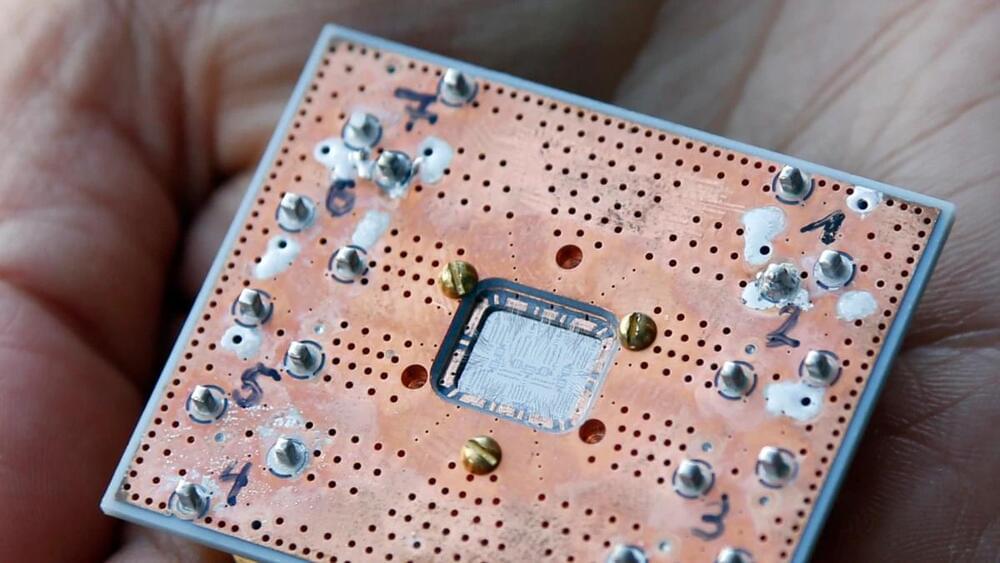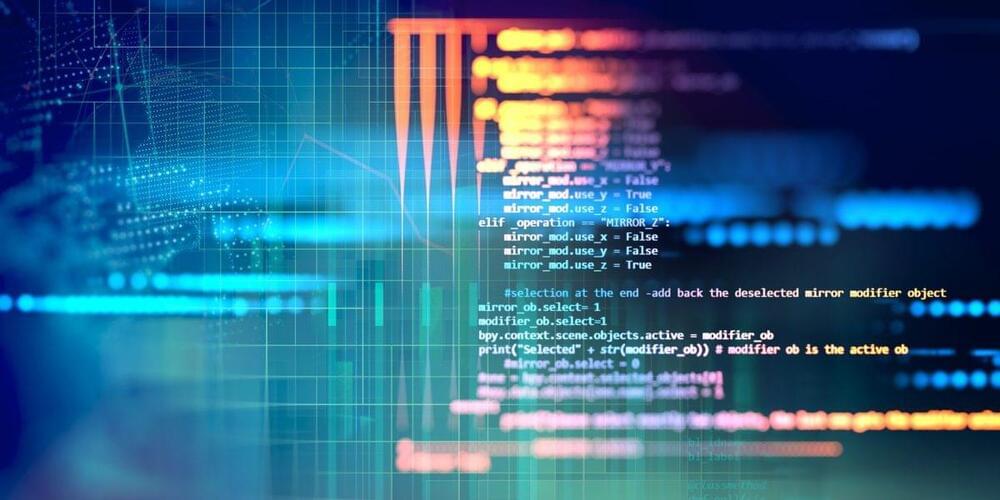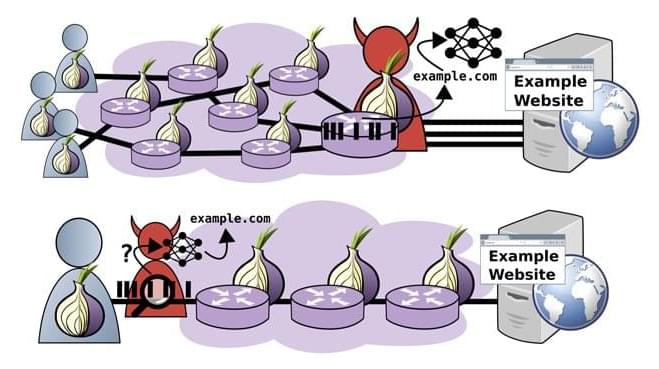
There’s a lot of excitement at the intersection of artificial intelligence and health care. AI has already been used to improve disease treatment and detection, discover promising new drugs, identify links between genes and diseases, and more.
By analyzing large datasets and finding patterns, virtually any new algorithm has the potential to help patients — AI researchers just need access to the right data to train and test those algorithms. Hospitals, understandably, are hesitant to share sensitive patient information with research teams. When they do share data, it’s difficult to verify that researchers are only using the data they need and deleting it after they’re done.
Secure AI Labs (SAIL) is addressing those problems with a technology that lets AI algorithms run on encrypted datasets that never leave the data owner’s system. Health care organizations can control how their datasets are used, while researchers can protect the confidentiality of their models and search queries. Neither party needs to see the data or the model to collaborate.


















